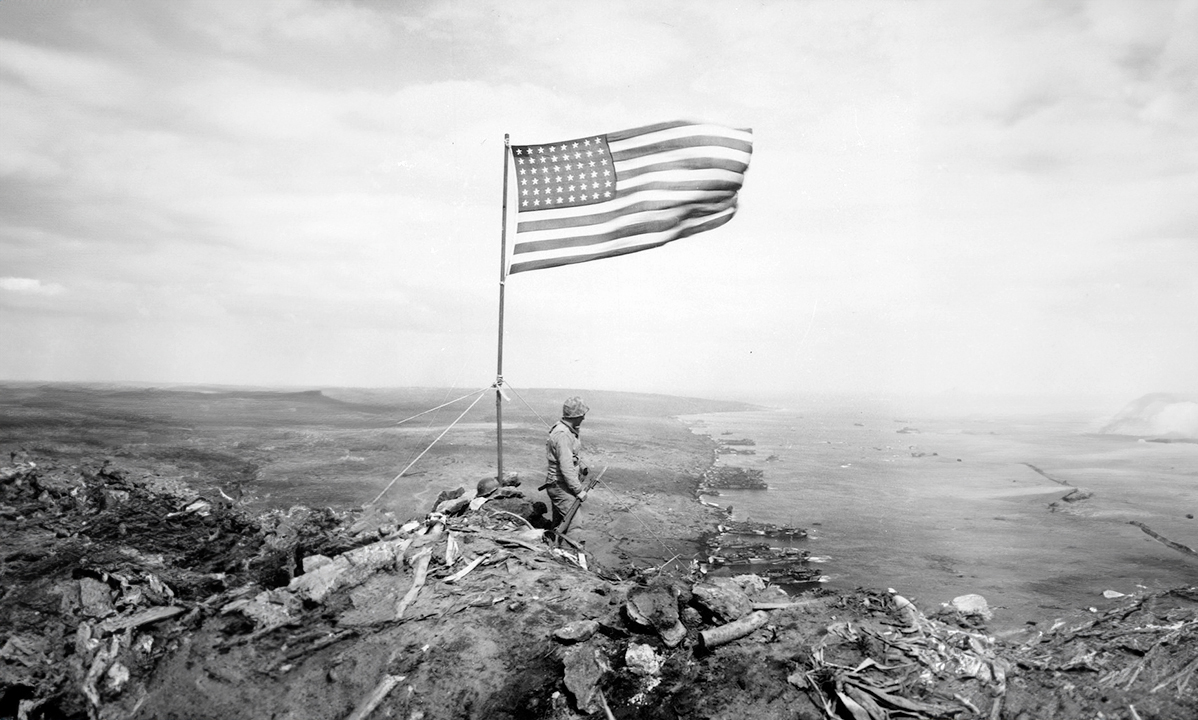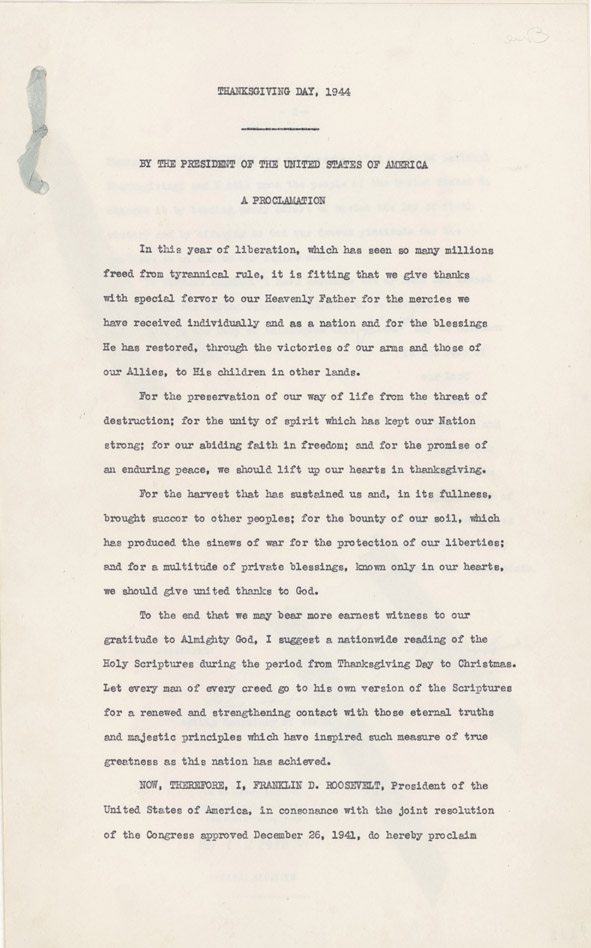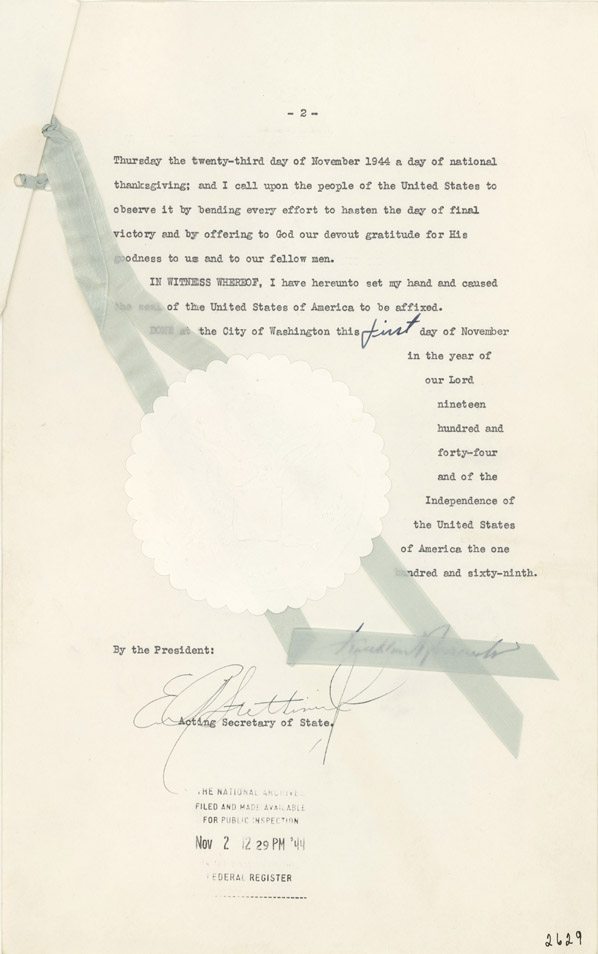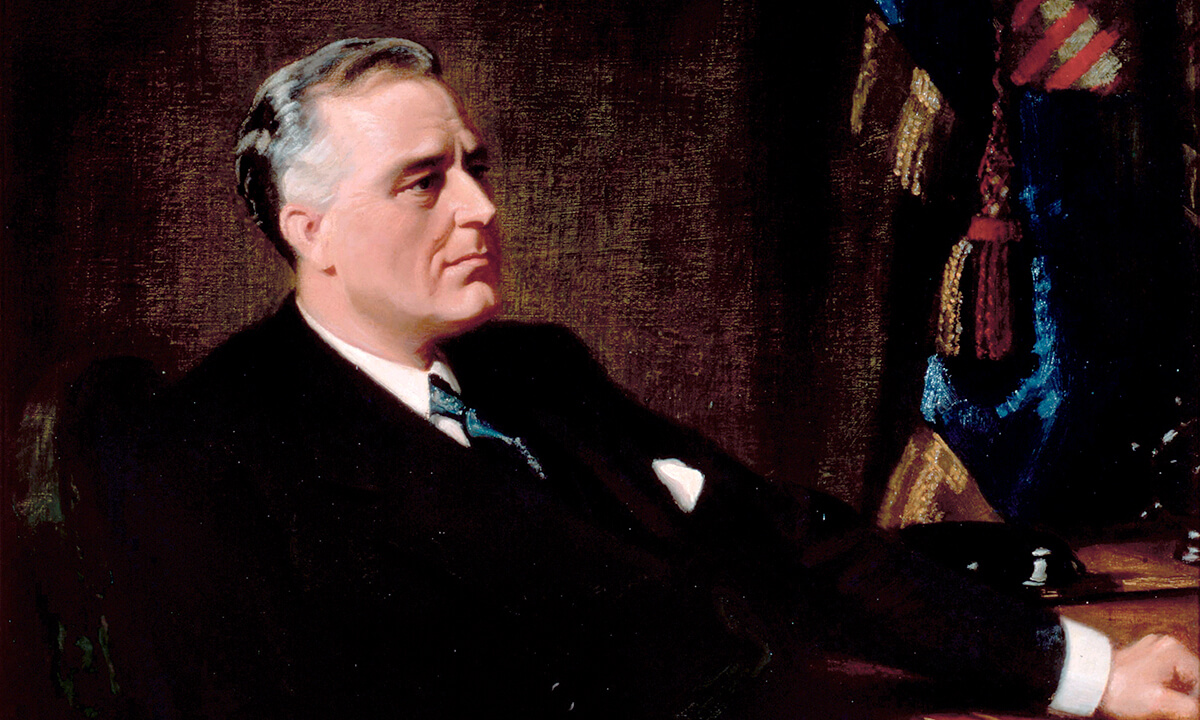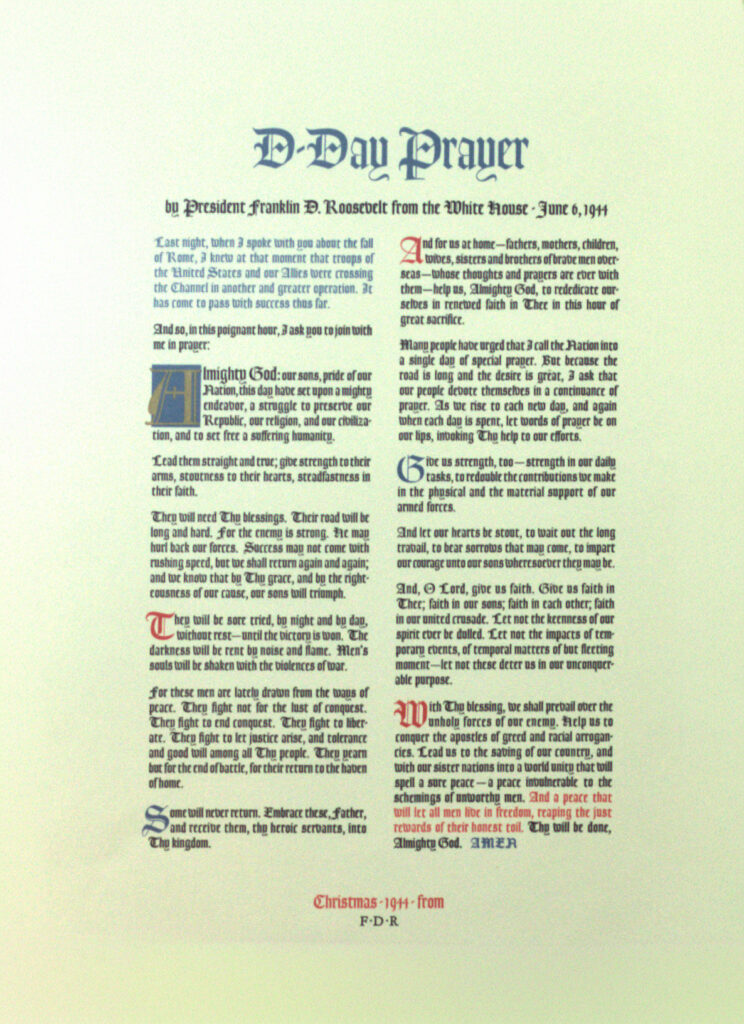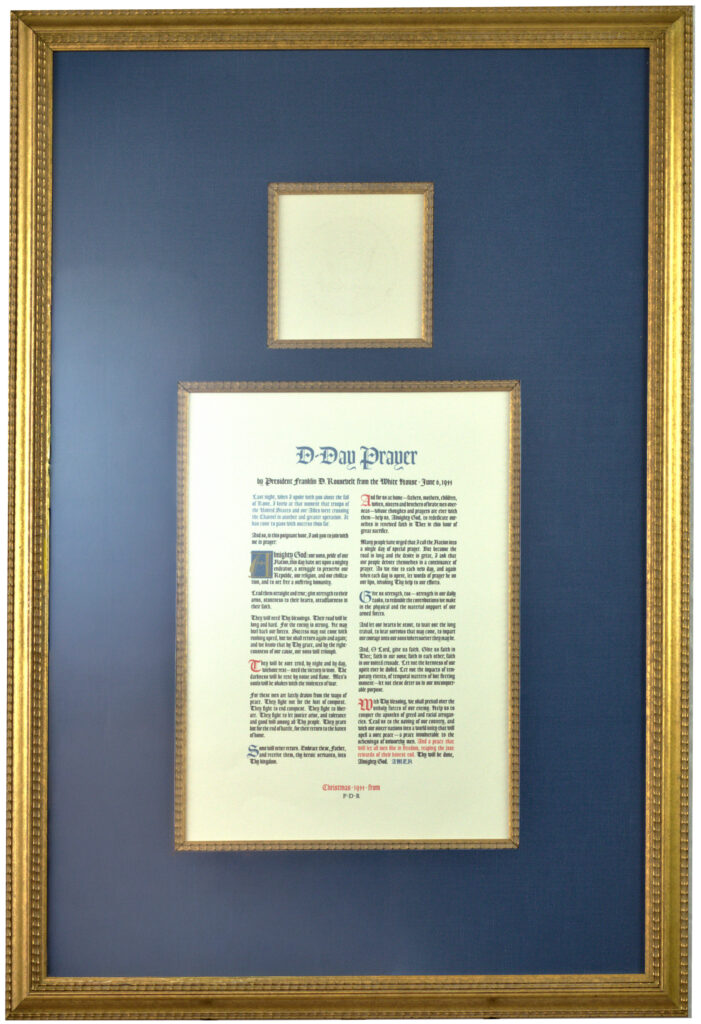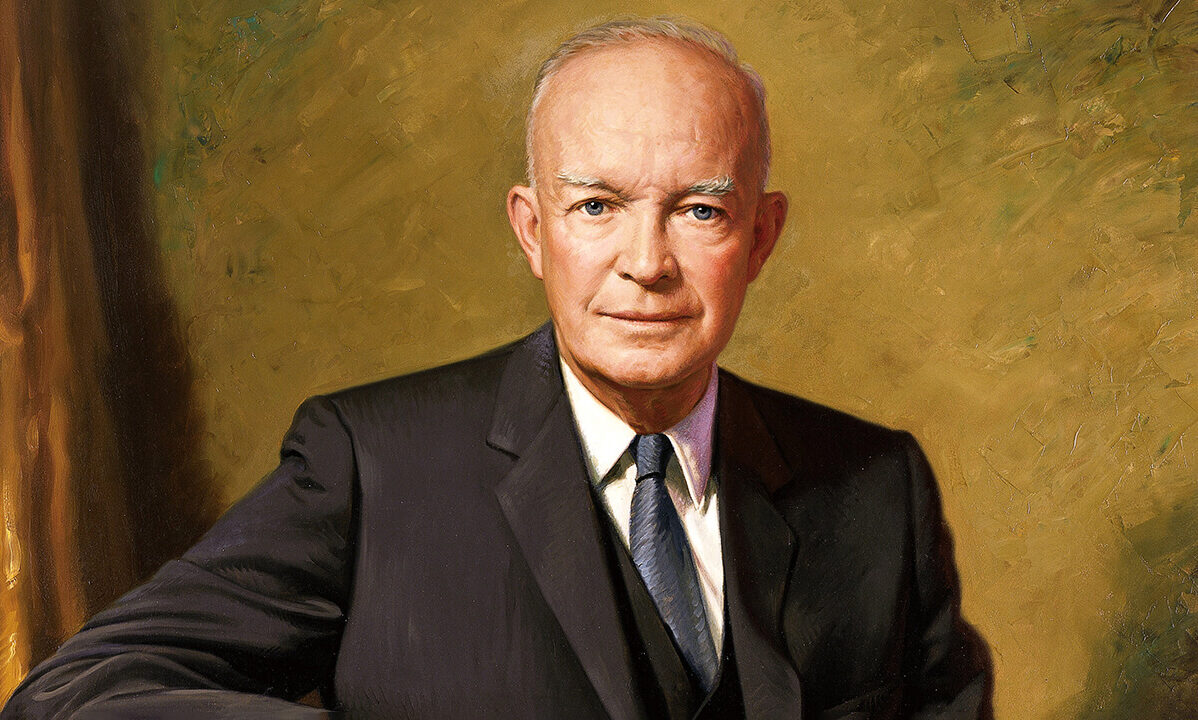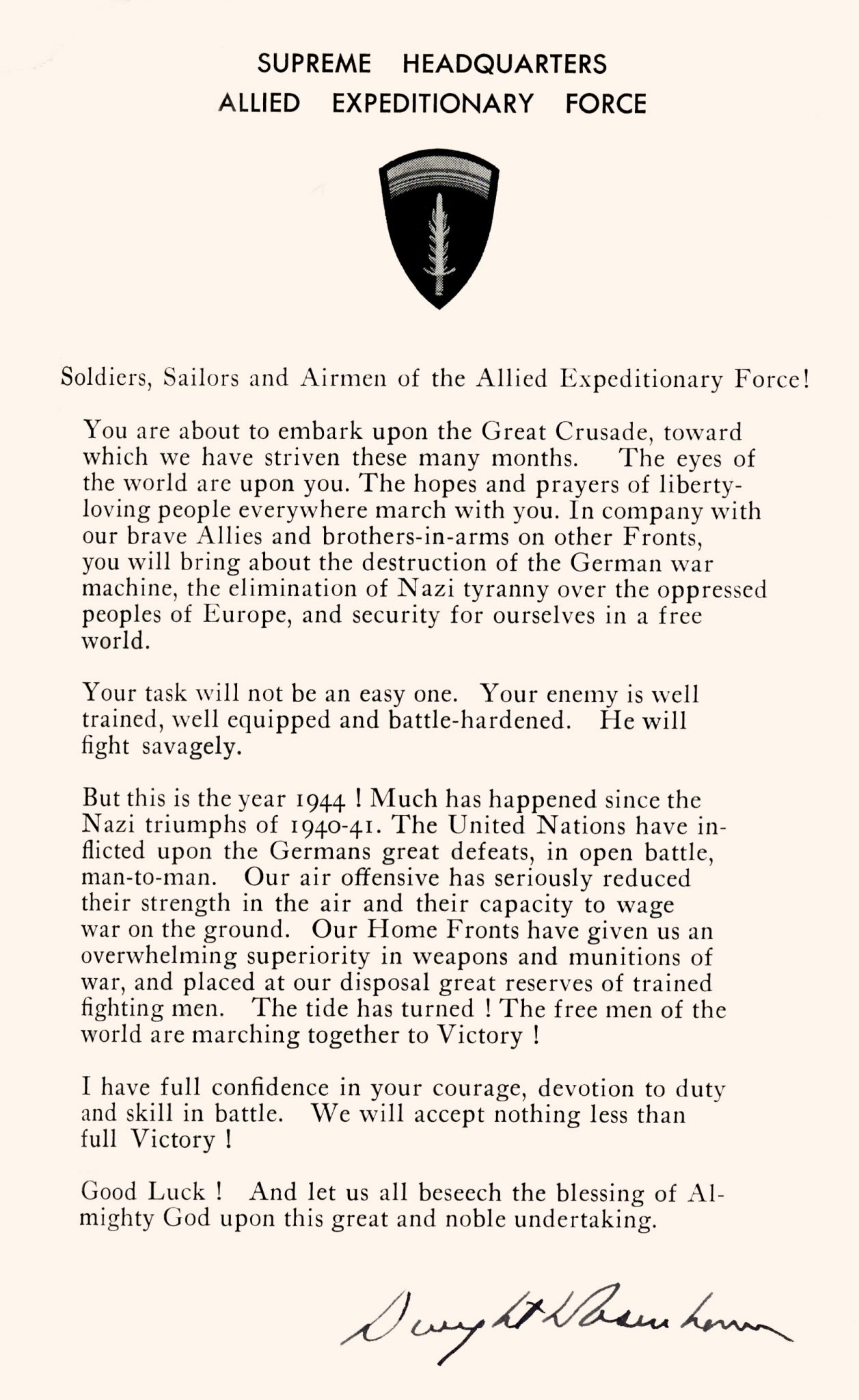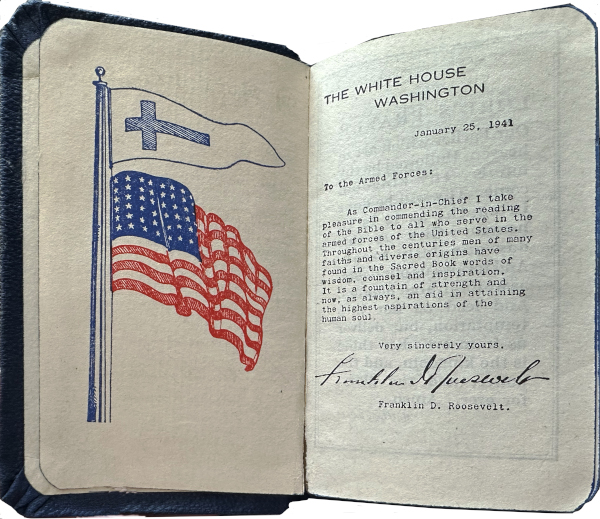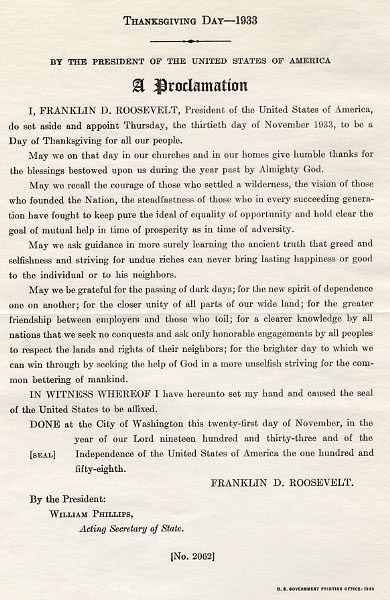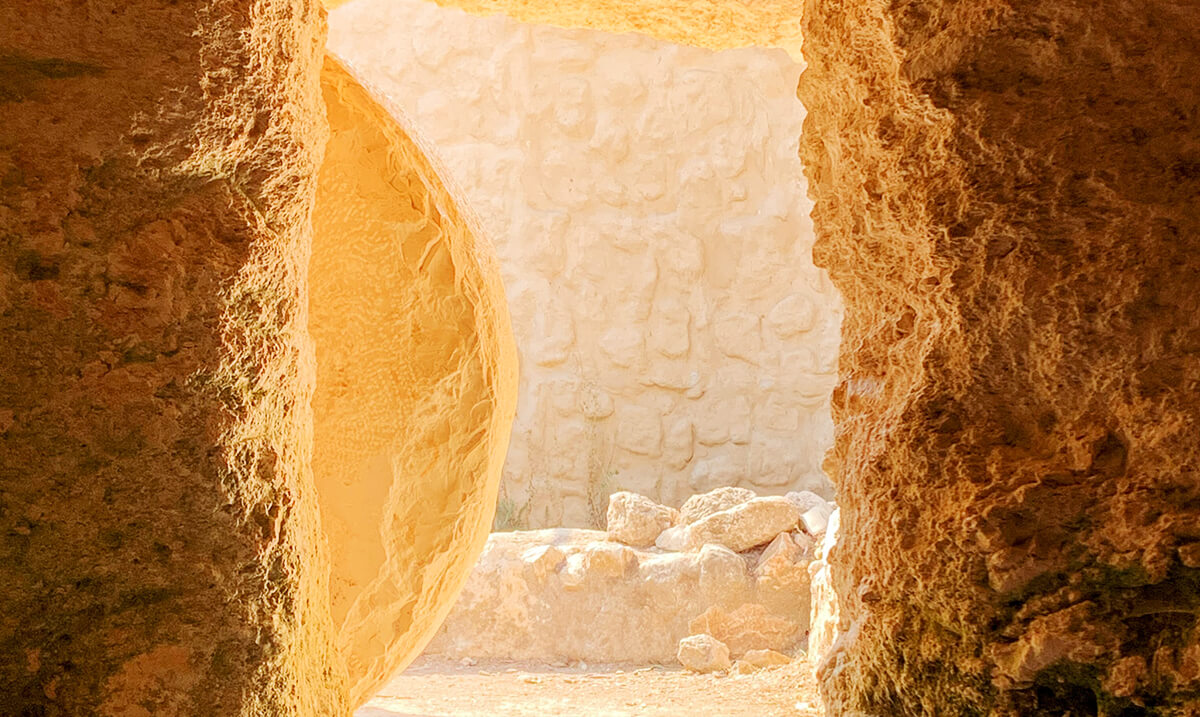Paul Dwight Moody (1849-1947) was the son of famous evangelist Dwight L. Moody, who had first initiated the urban renewal movement and preached revivals across the world. His son served as pastor at South Congregational Church in St. Johnsbury, Vermont from 1912 to 1917. He also served as the 10th president of Middlebury College from 1921 until 1943. This is a transcript of Paul Moody’s Easter Sermon preached in 1910.
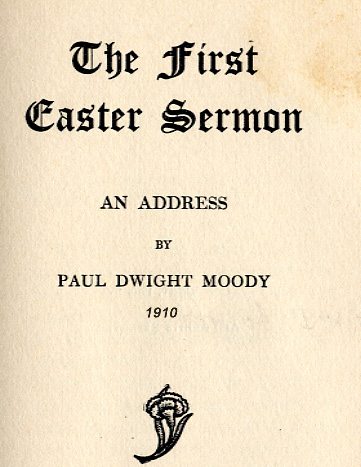
THE FIRST EASTER SERMON
AN ADDRESS
BY
PAUL DWIGHT MOODY
“I have seen the Lord.” – John 20:18, Revised Version.
“I have seen the Lord.” In these words we have the first Easter sermon ever preached. For nineteen centuries since then countless preachers in all the different sects of Christendom have yearly preached their Easter sermons, but the honor of preaching the first Easter sermons belongs to a woman. This was, moreover, in a day when woman held a low place in the estimate of man, and in no corner of the world was she thought much less of than in this very land of Syria. And this woman, Mary of Magdala, was one who had been looked upon with aversion certainly, and possibly with pity, for she had been afflicted with a complaint, the nature of which was so awful whatever it may have been, that she was said to possess seven devils. There was not a single follower of our Lord whom the disciples would not sooner have named as a candidate for the high honor which was ultimately hers, for by all the canons by which they – and we like them – passed judgment she was probably neither spiritual nor even good. According to the Jewish view that suffering was the result of and punishment for sin, Mary was a great sinner or passed for such in their eyes.
How came it then that this woman, despised and neglected until the Master came, should have been ordained the first preacher of the resurrection, and so, in a measure, the first Christian preacher? If we trace the story perhaps we shall see the reason for this.
TRACING THE STORYUpon that first morning of the week, early, when it was yet dark – and dark in more than one sense of the word, for the darkness without was light as compared to the gloom in the hearts of Jesus’ friends – came Mary Magdalene to the tomb. To come she had to conquer all her womanly fears of the darkness, her superstitions – so rank in a Jewish breast – her natural terror in the lonely presence of a tomb. But love had aided her to do this, and she had come through the darkness to Joseph’s tomb to do what little remained of service to the body of her Friend – the One who had brought healing and comfort and happiness into her troubled life. Although now she could make no return for His goodness, show Him no gratitude or sign of devotion, she found relief in being near His grave.
It was the grave of Israel’s hopes. In her confused mind she had taken in but little of His words, but must have shared with His disciples the confident hope that ere long He would restore the kingdom of Israel – He, another David, but undefiled by sin; another Maccabeaus, but tasting no defeat. And now He was resting in a dishonored grave, having drawn no sword, having won no victory and no crown!
It is to her credit that she came at this time when all else had fled, and when He could no longer bring her happiness.
Through the darkness she describes that the stone has been rolled back from the mouth of the tomb. It is not hope which leads her to see this, but despair: and in despair she runs to tell those who have a right to know – the disciples. John and Peter set out for the tomb, and John, the younger perhaps, seems to have outstripped Peter. But at the tomb he pauses, detained perhaps by reverence, perhaps by fear, till Peter, ever impulsive, comes and leaps in. John follows and they find the tomb empty. John, writing his narrative long after, tells us that he “saw and believed.”
Saw and believed what? That Jesus was risen?
Hardly, we think. Two things disprove it: the express statement, “For as yet they knew not the Scripture that He must rise again from the dead,” and then the fact that they went to their homes. Had they believed in anything more than the emptiness of the tomb they could never have returned quietly to their homes.
An empty tomb is an important feature of the resurrection, but it is a small part. That is not the dynamic which sends men and women to the uttermost part of the earth. Christ’s resurrection was to mean infinitely more than an empty tomb. Men to the present day who hunger for certain proof of immortality submit this story to the most microscopic examination by all the canons of historical criticism, and the evidence will always yield one fact – that the tomb was empty; yes, and that its occupant had risen, leaving it of His own volition. But the resurrection is more than this.
Though grief and curiosity carry them to the tomb on the run, they return to their homes puzzled and alarmed when they find the tomb empty. But Mary remains. What caused her to do this is as uncertain as the object of her coming to the grave, unless it was what we may call the unreasonableness of love. She had not followed them into the tomb, nor even now did she enter. But she waited, for here at this spot, barren of all hope and consolation as it seemed, the body of her Lord had last been seen. And her waiting was rewarded, for as she stooped to look through the meager light of the dawning day into the shadowy recesses of the tomb she saw the angel messengers – saw them through the haze of her tears. John and Peter had seen nothing at all. Their curious eyes – even though they entered the tomb – saw nothing but its emptiness and the linen clothes; but the weeping eyes of Mary saw.
Many of us are slow to realize that in the realm of spiritual things there are some truths visible only through the lens of tears. We darken or smoke glass when we desire to look at the brilliance of the sun. In like manner, through our tears we sometimes see things hidden generally from the sight of men. Tears are often telescopes, if you will, bringing near to our sight things otherwise far off; often microscopes, revealing hidden beauty and design in little things which the world calls ugly and coarse and purposeless. The Christian on his knees, we are told, sees further than the philosopher on his housetop. Yes, and the Christian through his tears often sees truths invisible to the keenest sight.
The angels have surprise for Mary’s grief, but they offer her no comfort, for behind her in the background they see One standing, waiting. When His children weep, he Master is always near by. He may be unheeded, but He is not far off.
Never a sigh of passion or of pity,
Never a wail for weakness or for wrong,
Has not its archive in the angels’ city,
Finds not its echo in the endless song.
Not as one blind and deaf to our beseeching,
Neither forgetful that we are but dust,
Not as from heaven too high for our up reaching,
Coldly sublime, intolerably just;
Nay, but Thou knowest us, Lord Christ,
Thou knowest!
Well Thou remeberest our feeble frame!
Thou canst conceive our highest and our lowest
Pulses of nobleness and aches of shame.
[The above quotation is from Frederick Myers, St. Paul (London: Macmillan & Co, 1892), p. 15.]
Mary turns at last, thinking the presence of which she is conscious is the gardener’s; so often is He near us that we think it something less. She does not know Him until He speaks her name. But at this sound, sorrow and sighing flee away as clouds before the sun, and in an instant the gloom and darkness of her night of despair are changed into the sunshine of that first glorious Easter morning. And Mary receives her commission – the commission and message which is the certain sign of every true vision or sight of the Lord – and returns to the city which in the darkness she had left with greater darkness in her heart, returns thought the morning sunshine with a great light flooding and warming in her heart. And then in the city, in those glad tidings of the resurrection, she becomes the first preacher of an Easter message.
Let us see, if we can, the meaning of this Easter message of Mary’s. In the first flush of the joy that was hers, Mary little realized all the content and extent of her words. She could not estimate the full significance of what it all meant. Mary’s heart was busier than her brain, and tears of joy doubtless interfered with the process of computing the full importance of the news she carried. Aye, and after nineteen centuries (though from our childhood we have known the story), our hearts give a great bound when we read again these words: “I have seen the Lord,” and realize, however faintly, all that they mean.
Her message meant for one thing that at last Death had found an equal and superior, and had been conquered.
This same Galilean had stood by the grave, and by the power which God had given Him called forth its prey; but now for the first time from within, not by miracle from without, Death had been overcome. For our sakes the sinless Son of God had suffered the defilement of the touch of Death, but suffered only the touch. We naturally, for we owe too much to it, shrink back from imaging how for hours, all unseen, in the desolate shades of the underworld, a struggle has gone on in which all the powers of Hell were taxed to their utmost to keep in the place they had appointed for Him this one quiet Man who alone had resisted their hitherto limitless tyranny. But at the hour set, He passed from their grasp victorious by His own pure sinlessness – passed from the loathsome grip of Death – passed through the great iron doors of Death, leaving them open, forever open, making a broad pathway to life which all who follow Him may tread, leaving His enemies vanquished, prostrate and bound and becoming Himself the first fruits of them that slept, indicating that all the rest of the vast harvest of the sleeping dead belong not to the Evil One but to God. Of this weird and awful struggle He bore no scars (save the nail prints in His hands and the deep wound in His heart) whereby we may recognize Him as our Lord and Master when we see Him. Made perfect through suffering, He has become the Captain of our salvation, and at His shout we will all respond, for He has Himself already for us won the battle.
Again, the resurrection set the seal of God’s approval on the work of Jesus.
Mary doubtless did not realize this in all its fullness, but to us (as in our day we consider all that the resurrection means) it is not the least that it is the earnest of God’s acceptance of the finished work of Jesus. We might not know with the certainty which can be ours that this was the Son of God were it not for the resurrection. We do not derive our belief in Christ’s deity alone from this, but the sure evidence that He rose from the dead places beyond dispute that which our hearts already recognize – that there is a difference between Him and all others. Others have died in behalf of their cause. Others have believed in their mission and found an even readier acceptance of their teaching among the men of their own day, as Mahomet did. Other have, for the time being, seemed just as real to the eyes of their infatuated followers as Jesus did. But Death has put an end to all their claims and pretenses alike. Yet Death, when it touched Him, but recognized its Lord, for He overthrew it.
Great and wonderful as these things are, the resurrection of which Mary was first herald has yet another meaning. It is over this we pause. While the fact that Christ was victorious over the grave may comfort us in sorrow, and the truth that the resurrection is the sign of God’s approval may cheer and strengthen us if distressed by problems in theology, there is yet a more practical aspect to the meaning of the resurrection. For though now and again God causes His children to go through the affliction of bereavement, that which is only of use as comfort at such a time is of limited value as compared with all the resurrection means. The simple statement of Mary: “I have seen the Lord,” meant – though she could hardly have measured all its significance in the first rush of joy – that the historical Jesus of Nazareth had become the Savior of universal experience, and that the matchless Man of the first generation of the Christian era had become Christ of all time. Death had not destroyed Him or taken Him away but had rather freed Him from the shackles of time and place so that He Who in His body could be in but one place, could now be with all men everywhere.
No longer need men travel to find Him, for He is very nigh unto all of them. When Nicodemus came to Jesus that night in Jerusalem, he alone of all that crowded city could enjoy the Master by Himself. Now in palace or in hovel, on the throne or in the dungeon, by day or by night, wherever the heart truly seeks Him, there He may be found. Jesus traveled to the afflicted home of Lazarus for days that to the waiting and sorrowing household seemed endless. Now He stands instantly by the side of the dying and mourner alike. Time and space no longer bind Him. Stone walls are powerless to hold Him, nor can armed guards keep or drive us from His presence. No long and dreary and costly journeys to bring us to His presence in distant Palestine, for “closer is He than breathing, nearer than hands and feet.” Those who have learned the message of Mary by their own experience know the unspeakable preciousness of this very truth – that Jesus lives as much today as ever.
Loud mockers in the roaring street
Say Christ is crucified again;
Twice pierced His Gospel-bearing feet,
Twice broken His great heart in vain.
I hear, and to myself I smile,
For Christ talks with me all the while.
No angle now to roll the stone
From off His unwaking sleep;
In vain shall Mary watch alone,
In vain the soldiers vigil keep.
Yet while they dream my Lord is dead
My eyes are on His shining head.
Ah, never more shall Mary hear
That voice exceeding sweet and low
Within the garden calling clear;
Her Lord is gone, and she must go!
Yet all the while my Lord I meet
In every London lane and street.
Poor Lazarus shall wait in vain,
And Bartimaeus still go blind;
The hearing hem shall ne’er again
Be touched by suffering humankind.
Yet all the while I see them rest,
The poor and outcast, on His breast.
No more unto the stubborn heart
With gentle knocking shall He plead;
No more the mystic pity start,
For Christ twice died is dead indeed.
So in the street I hear men say,
Yet Christ is with me all the day.
[Quoted from Robert La Gallienne, The Second Crucifixion]
We will not try to contrast the value of these different meanings of the resurrection, but surely this is not the least of them, that Christ is risen and still walks the earth.
No fable old, no mythic lore,
No dream of bard or seers,
No dead fact stranded on the shore
Of the oblivious years;
But warm, sweet, tender, even yet
A present help is He,
And faith has yet its Olivet,
And love its Galilee.
[Quoted from John Greenleaf Whittier, The Poetical Works of John Greenleaf Whittier (Boston: Houghton, Mifflin & Co, 1886), p. 320, “Our Master.”]
The form of Mary’s sermon interests us. All we know of it is that it was the statement of a fact of personal experience: “I have seen the Lord.” It may have included more, but we doubt it. There is no indication of argument, explanation, or citation of circumstances which might be considered analogous. There are no quotations of Scripture. Nor is there any elaboration of her credibility as a witness. There is only the plain statement of the fact: “I have seen the Lord.”
This is the ideal form of a sermon and is what every sermon shall be – the declaration of a fact – the heralding of the Gospel which is good news. Men are asking, when dead in earnest, for no metaphysical arguments on the possibility of the great facts of our faith, and they are but superficially interested in learned disquisitions on the credibility of the sources of our knowledge, but they do demand a statement of the great facts. The church has had enough, and more than enough, of the lawyer with his pleas and the judge with his decisions, and needs and cries for the witness with his plain declaration. There is a place for discussions of credibility, perhaps, and for psychological arguments and investigations, and the lawyer and the judge have their places in the great temple of Christian truth. But the herald has no call to defend, only to announce; and the ideal sermon is neither apologetic nor a philippic for a decision, but a declaration and invitation – a declaration of the Father’s love and an invitation to the marriage supper of the Lamb.
ALL CHRISTIANSshould be preachers of the resurrection, for it is at the very core of our faith. If Christ rose not, then preaching and faith are alike vain, and of all men are we the most miserable. And though we may not be called upon to herald it in great cathedrals or crowded churches, still by life and word we are to declare that the Lord has risen. Every man or woman who takes upon himself the name of Christ honestly, subscribes to the belief that He rose from the grave and thereby witnesses to that belief. And this we must preach. And if the resurrection is real to us, we will. We must declare that the Lord is risen – that we have seen the Lord. And if we have, we will; for every true vision contains in it that which makes its beholder an evangelist. For the person fresh from contact with the living Lord there is only one thing to do: tell about it. Tell about it he will; the very light on his face would reveal that he had seen the Lord if his lips were dumb.
But inevitable as it is that one who has seen the Lord shall tell about it, it is as impossible for one who has never seen Him to preach this. Many have given intellectual assent to the position that Christ rose, for it can be proven, they feel, by many a process. The resurrection is a fact, but they cannot say: “I have seen the Lord,” and their testimony is powerless. Or it may have been that whereas once they saw Him, it was so long ago that the vision has faded – lost in the clouds and mists that always rise from the lowlands of selfish, useless life. They no longer feel the reality of it. The fact has passed from the forefront to the background of their consciousness.
Yet it is even more than the declaration of a fact from deep conviction. The objective side is here, but the subjective is also here in this great message of Mary’s. “I,” said Mary, “have seen the Lord.”
It is not the statement that the Lord has risen, great that would be; nor is it the declaration, however earnest, that others have seen Him. It is no second-hand information that Mary brings. Her own personality is enwrapped in the message.
It is a great and blessed thing to declare our conviction of certain truths which we have never, perhaps, ourselves experienced, but such declarations carry but small weights compared with the message linked to our personality. It may do some good to others to say that he, or she, or someone else has had a vision of the Lord, but if we would make Him real to others – would prove to others that He yet walks the earth and may be known to men – we must say:
“I have seen the Lord.”
If we take our stand, unashamed, by our experience, then our experience becomes real to the world about us. Let us but be untrue to a vision, and the world will doubt the truth and reality of that vision. This is worthy of emphasis, for the one thing this world hungers for is certain conviction that that which it hopes for is really so. Over and over again the question is asked:
“Do you believe what you are saying when you declare sublime truths? Are you sure? Have you seen the Lord?”
Tell a needy and a dying world that the Lord of love is not dead but here in our midst; and that you yourself know of His presence not because of a father’s, or mother’s, or a pastor’s conviction of this point, but because you yourself have come into living contact with Him – have seen Him – and hope will kindle in despairing hearts and men will rise up to serve God and be new men, saved by reason of your vision.
Why was it that of the generation which is passing, few men every preached so meaningly and so powerfully as one who always called himself “an old bum”? He had but one message. His was no efficiency gained in college or seminary. Sometimes he was tempted to imitate other men a little, and to preach conventionally, but at such times he was always ill at ease until he threw over such attempts and made his way back to the old facts he was familiar with, and told again how the Lord came to him as he sat ding on a beer keg in a saloon, how He came to him and saved him. Sam Hadley had seen the Lord, and said so; and though we might hear that story again and again it never failed to touch the heart and make Christ real, as many an able discourse or learned exposition was powerless to do. [Sam Hadley became a famous missionary to the down and out in New York. In 1870, he had been fired from his job and became an alcoholic. Later when in jail, he reported that he saw demons telling him to kill himself, but he also heard Jesus saying, “pray.” Pray he did, asking for Jesus to have mercy on him. When Sam was released from jail, he went to his brother’s house and attended church with him. At that service in 1882, he committed his life to Christ, and four years later he became the Superintendent of the Water Street Mission, where he had earlier committed his own life to Christ. Sam held that post until his death in 1906.]
This is what the world needs – men and women to whom the great fact is that they have seen the Lord. This is what we must tell the world. We need not theorize or argue. The world cares little for our theories and less for our arguments, but it is hungry for a knowledge of Him and for the certain assurance that He is knowable.
HOW MANY GAINED THIS VISION.It is important and helpful for us to see how Mary gained this vision, and thus won the high honor of being the first Easter preacher. Whenever a man or a woman has preeminently been gained through some experience or another which we may hold in part accountable for the message. Great heights are never gained without a struggle, and when a man or woman sees further than those about him, or sees more deeply or clearly, it is because of something added which is the others did not have.
What accounts for Mary’s keeper sight?
Her saintliness?
Whatever we make of the expression “seven devils,” we know that it was an affliction which must have led in those days, when all suffering was felt to be the result of sin, to her ostracism. Some would have us think it has a mental significance and that Mary, till she met our lord, was afflicted with epilepsy, or was insane, or a mental degenerate. Others, that it has a moral significance and that Mary was a moral degenerate and without the pale of society; hence has come the meaning of “Magdalene” which properly means merely an inhabitant of the village of Magdala. Whatever the meaning of the expression, however, whether Mary was a mental or moral degenerate, she was probably the last person the twelve would have chosen, or even thought of, for this high honor. The scribes and Pharisees would have shunned her as a leper, and the priests would have drawn aside their white robes as they passed her lest they should be defiled by the accursed thing.
So it could not have been her social position or her influence which secured her this honor. The little village of Magdala from which she came lives in our recollection only as Domremy [the village where Joan the Arc was much later born, around 1412], for instance, for the daughter to whom it gave birth.
It could hardly have been brilliance of intellect. This simple peasant woman doubtless could not read or write, and it is improbably that she knew anything of the law or the prophets. She was, in short, of all women the most unlikely for this position it would seem.
But she had one claim, and that the best. She loved. Love for this Man who could no longer do aught for her had brought her to the tomb when the disciples and all others had gone to their homes. Maternal love is strong, but the Virgin had left the lonely tomb. The love of a strong man for his friend will bear much, but the loving John and the devoted Peter had gone back to the city. Mary stayed on. We have said it was unreasonable; and in a worldly sense it was. But, reason or folly, love bound her to the spot where last she had seen the body of her Lord. No hope had dawned in her breast. Faith, too, in all but His goodness would seem to have disappeared. A greater than she was later to write that faith and hope are two of the very great things, but that love is greater than either of these. And love has outlasted faith and hope, and here, as so often, proved itself the greatest and most enduring.
Aye and when prophecy her tale hath finished,
Knowledge hath withered from the trembling tongue,
Love shall survive, and love be undiminished,
Love be imperishable, love be young.
Love was believing, and the best is truest;
Love would hope ever, and the trust was gain;
Love that endured shall learn that Thou renewest;
Love, even Thine, O Master, with Thy pain!
[Quoting from Frederick Myers, St. Paul (London: Macmillan & Co, 1892), pp. 29-30.]
There are some who will not listen to this sermon of Mary’s. For them indeed He is dead.
For hence he lies
In the lorn Syrian town,
And on his grave with shining eyes
The Syrian stars look down.
[Quoting from Matthew Arnold, New Poems (London: Macmillan, 1867), “Obermann Once More”.]
For such, death is and ever must be the inscrutable mystery. Easter brings to such no uplift and no joy. For them we must have the profoundest pity.
There are others for whom the resurrection is real, who admit it as a fact and know that in it they find the proof of their own resurrection and the credential of the efficacy of the work of Jesus. Yet, nevertheless, in their hearts there is no sermon like Mary’s. They must say: “The Lord has risen,” or “Such an one has seen Him,” but they have not seen Him; they cannot say: “I have seen.”
We know very well that we are gifted and trained beyond Mary, that we are endowed with more insight, that we have all the right to preach that she had; yet upon our lips the words have a hollow ring when we declare this truth. We affirm that we have seen Him; yet we have no such message as Mary’s which may send us out with speedy feet to share with others the glad news. The reason for it is that we have not seen Him through the eyes of love. We have not loved enough. It was love that first unlocked the fact of the resurrection. It was love which was the force that spurred Mary on and which was her commission.
Surely this is a glorious and a comforting doctrine. We are not gifted, perhaps, and may have no talents, or certainly no great ones. Birth and circumstance may have forever closed to us certain avenues of service. We are cut off from any hope of being of service to God along certain lines. We are not even good by our own weak standards, to say nothing of the higher standard of God of which we hardly dare to think. Yet, as followers of Christ and believers in the resurrection, we are called upon to be preachers of it. The one supreme qualification which we may have is love. Through love we will discover those things which the Spirit reveals to those who love Him, and not only will we gain our message through love but by love will we be empowered to preach it. Love was the sum substance of the first great Easter sermon, and since that day it has always been the first qualification of the preacher, and the essential part of every Easter message.
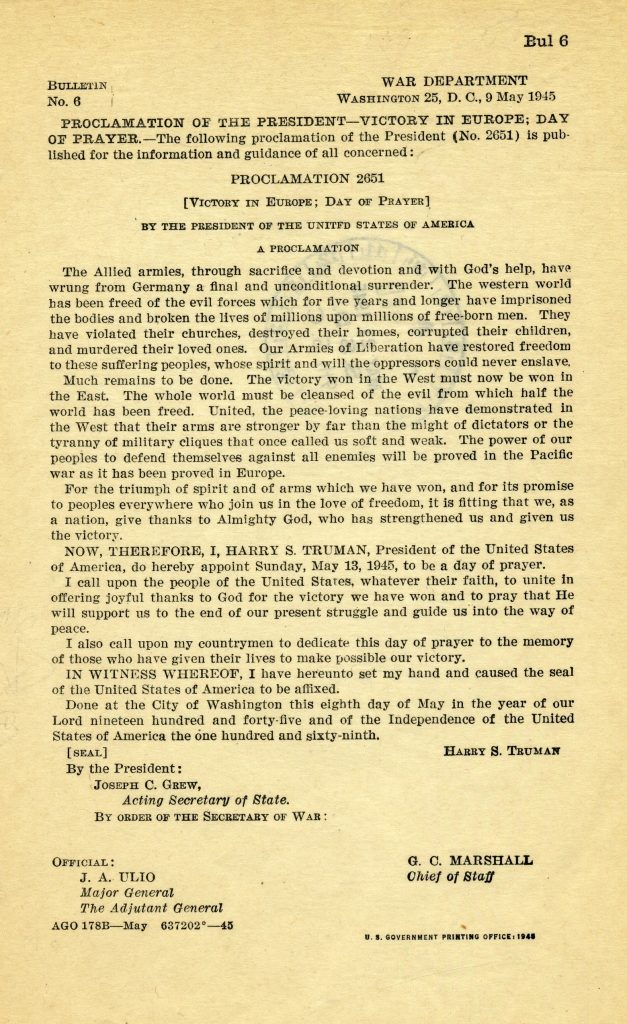
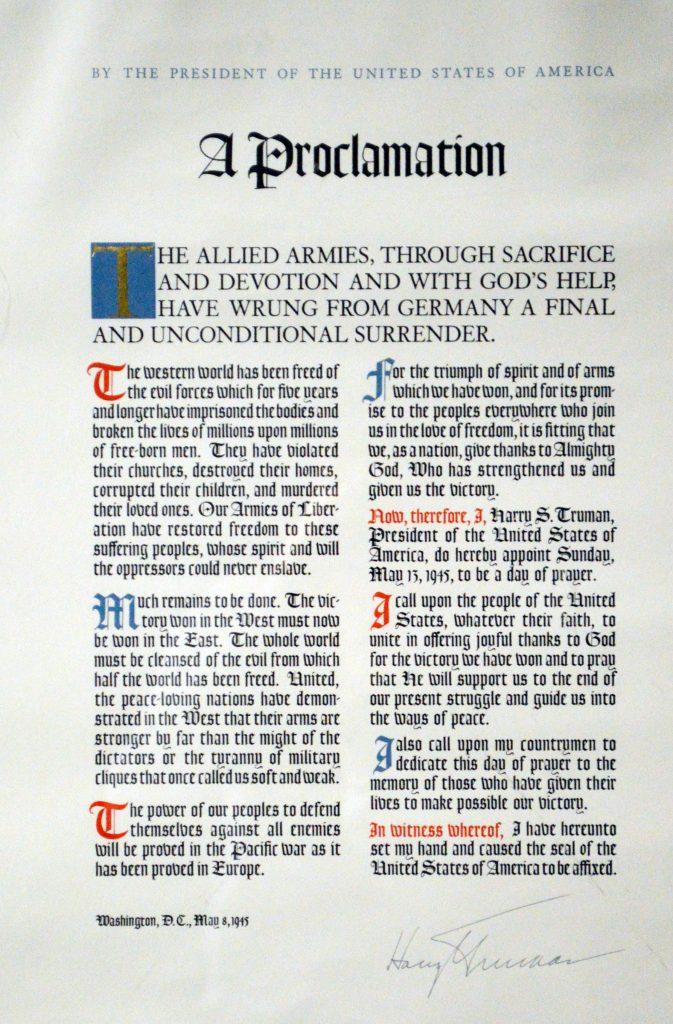
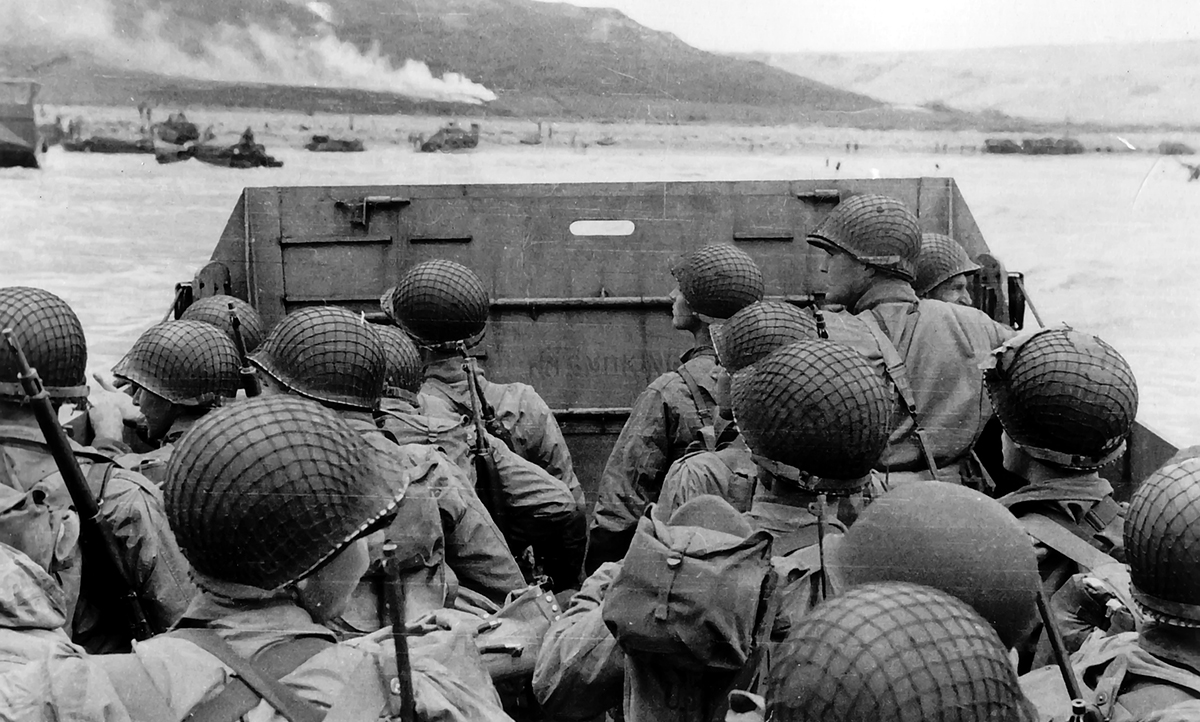
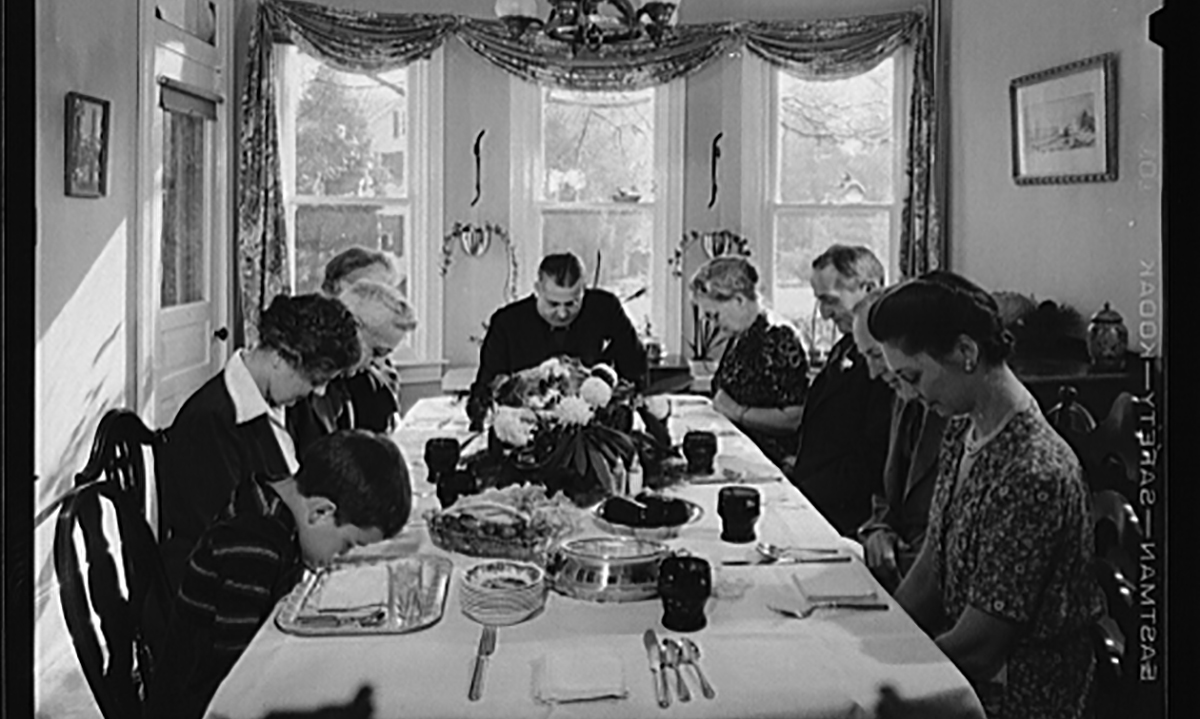
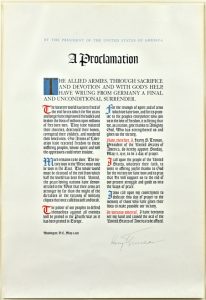

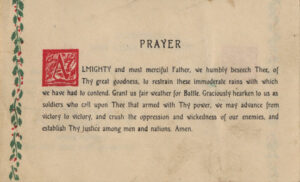 The forces of General George Patton were taking the brunt of the attack. On December 8th, Patton contacted his top chaplain, General James O’Neill, and asked for a prayer to change the weather.
The forces of General George Patton were taking the brunt of the attack. On December 8th, Patton contacted his top chaplain, General James O’Neill, and asked for a prayer to change the weather.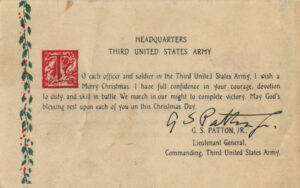 The reverse of the card carried a Christmas greeting from Patton:
The reverse of the card carried a Christmas greeting from Patton: